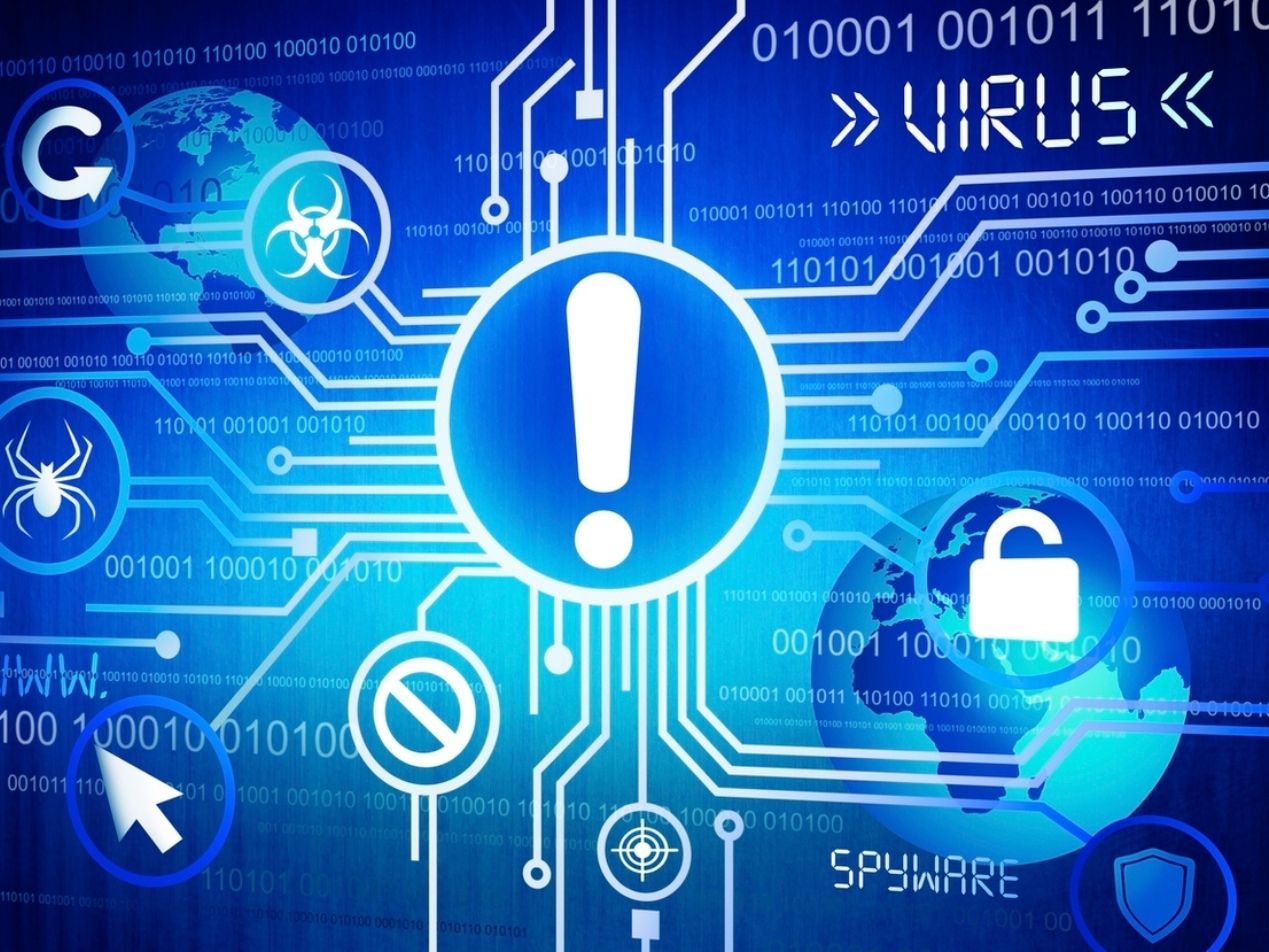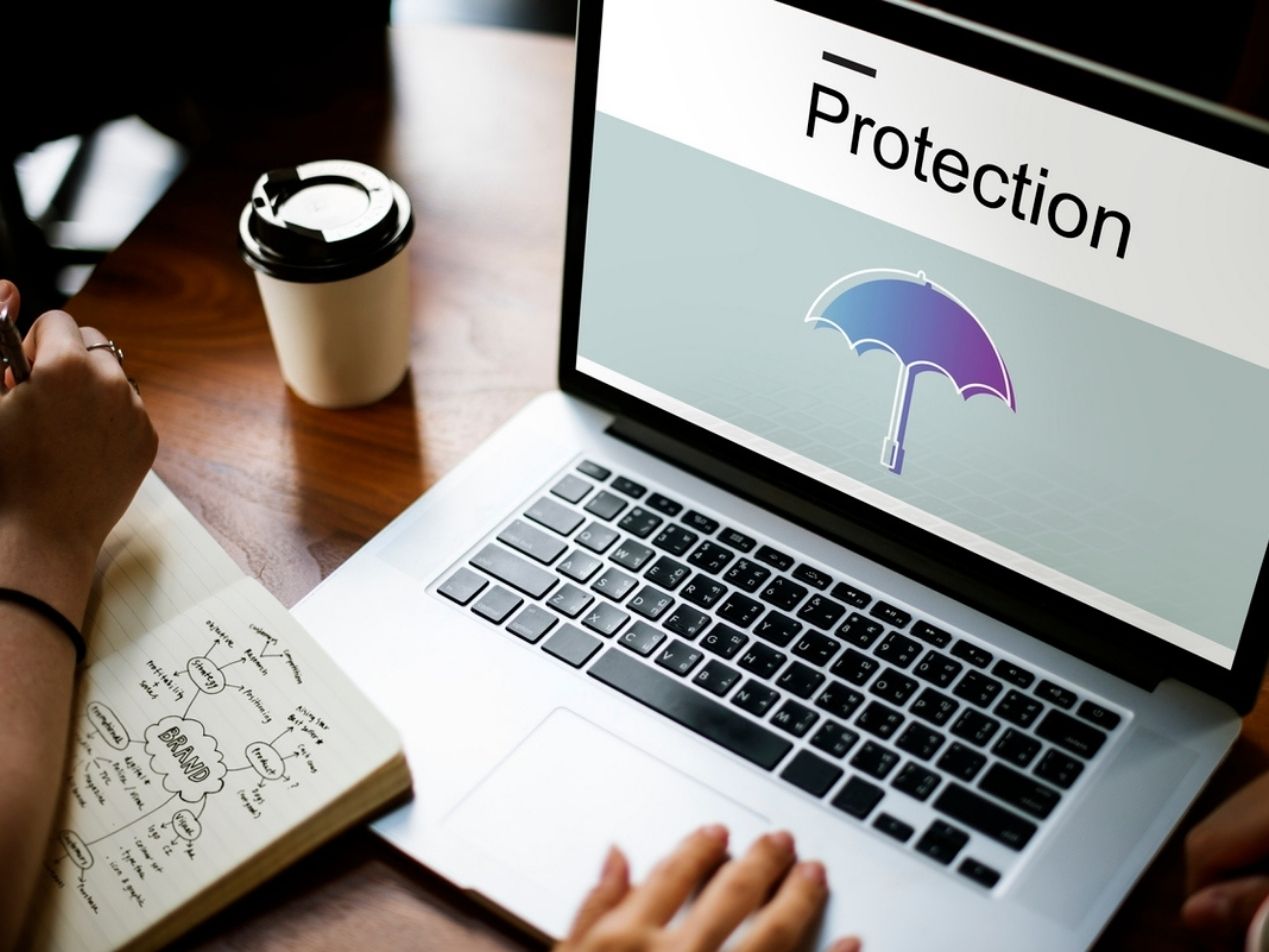
Some healthcare providers approach data breaches and ransomware as something that will not happen to them. Maybe you think your network security is sufficient or that it's not necessary to send HIPAA compliant email. Or perhaps you think that your facility is too small to be a target of cyberattacks. But ransomware is far more common in healthcare than you may think.
Just take a look at what has happened in the past couple of years:
- A patient died in Germany after a ransomware attack prevented hospital admittance
- Malicious emails have seen a 600% increase due to COVID-19
- Ransomware attacks were responsible for 50% of healthcare data breaches
- Outpatient facilities and specialty clinics had data breaches nearly as much as hospitals in the first half of 2021
Ransomware will continue to be a threat to healthcare providers, and it's not a threat that can be ignored. Not only does it cause system issues if hackers breach your network, but there are also HIPAA violations that occur.
Why do cybercriminals target healthcare providers?
Protected health information (PHI) is worth a lot of money to cybercriminals. There are many opportunities for cybercriminals to extort money by stealing PHI. For example, cybercriminals can demand a ransom in exchange for returning data. Or they can take PHI and sell it on the black market. A health care record can net $250 on the dark web . Trying to get data returned can be extra costly to healthcare providers since they are most likely facing HIPAA fines and a corrective action plan for failing to protect PHI as well. There is also a risk of patients suing providers for negligence for not protecting their sensitive information.
Read more: The costs of ransomware attacks
Becoming a victim of ransomware is far more costly compared to implementing data security protocols. Healthcare providers should invest in cybersecurity to protect themselves and their patients from cybercriminals.
Use inbound email security to stop ransomware
There are many methods to keep data secure. Some of these options include employee training, having a robust password policy, two-factor authentication on all accounts, and regularly monitoring networks for suspicious activity. Healthcare providers should note that one of the most common entry points for a cybercriminal is through a phishing email. This means human error is often at fault for letting ransomware into a network system. It's apparent that stopping malicious emails from even entering an employee's inbox is critical to protecting a network. Paubox Email Suite Plus does exactly that with our robust inbound security tools. It blocks threats like phishing emails, spam, viruses, and malware and sends them to quarantine. Investing in a strong email security system can prevent huge problems from occurring within your network.
Subscribe to Paubox Weekly
Every Friday we bring you the most important news from Paubox. Our aim is to make you smarter, faster.




